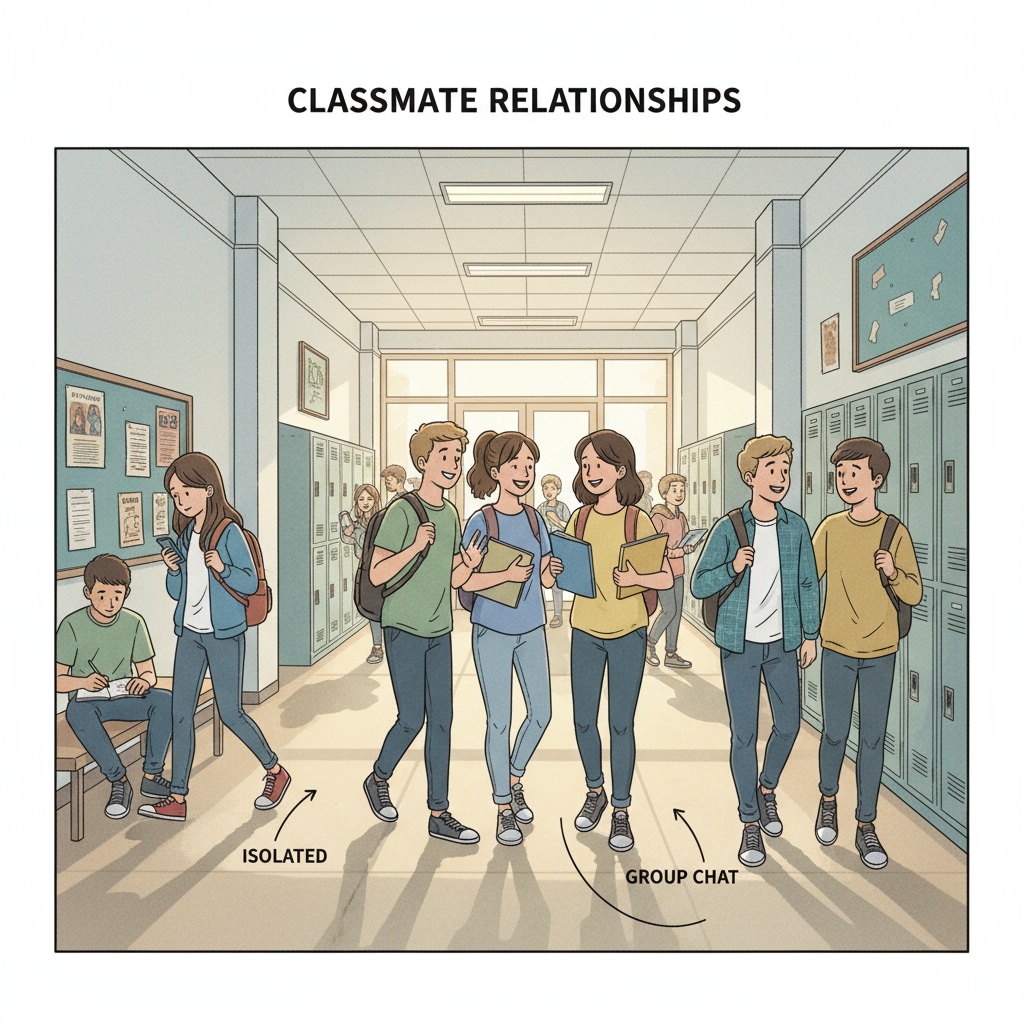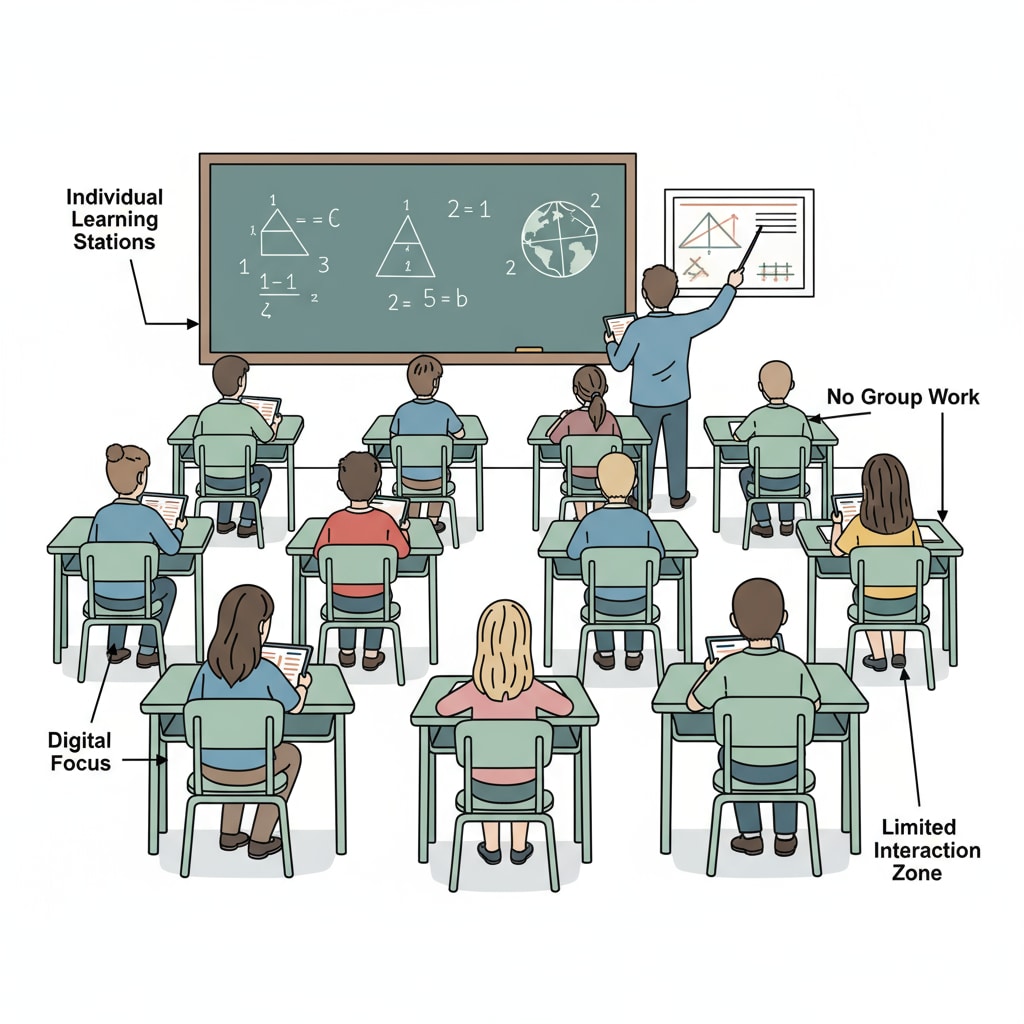School bullying, classmate relationships, and interpersonal coldness are issues that cast a long shadow over the seemingly idyllic K12 campus environment. What should be a place filled with the pursuit of knowledge and the blossoming of friendships often harbors hidden malice and coldness.

The Ugly Face of School Bullying
School bullying is not a new phenomenon. It encompasses various forms, from physical aggression to verbal harassment and social exclusion. According to StopBullying.gov, many students experience bullying at some point during their school years. Bullies often target those they perceive as weak or different, which can lead to serious consequences for the victims.
The Roots of Interpersonal Coldness
Interpersonal coldness among classmates can stem from multiple factors. In a competitive academic environment, students may be so focused on their own achievements that they neglect building relationships. Also, differences in personalities, interests, and social backgrounds can create barriers, resulting in a lack of empathy and understanding. As a result, some students find themselves isolated in the campus community.

The impact of school bullying and interpersonal coldness on students is profound. Victims of bullying may suffer from emotional distress, such as anxiety and depression. It can also affect their academic performance and self-esteem. Interpersonal coldness can make students feel lonely and excluded, which is detrimental to their overall well-being. Therefore, it is crucial to address these issues.
Readability guidance: By understanding the causes and impacts of school bullying and interpersonal coldness, we can take steps to create a more inclusive and friendly campus environment. We should encourage students to build positive relationships, and schools need to implement effective anti-bullying policies.


